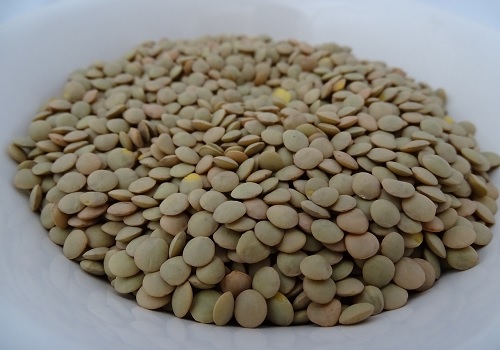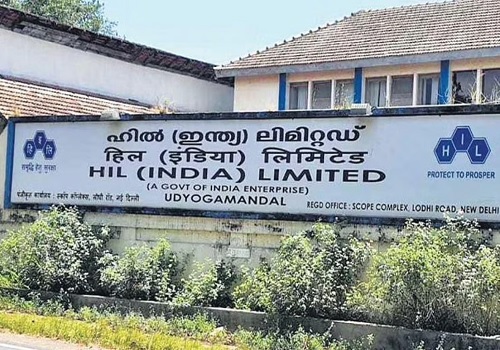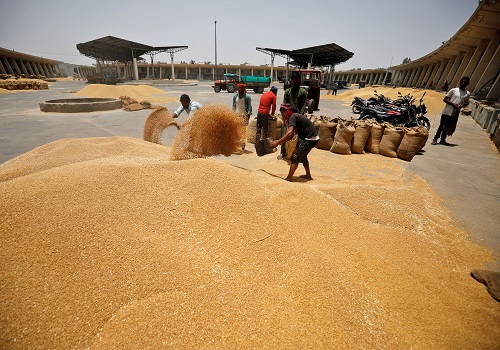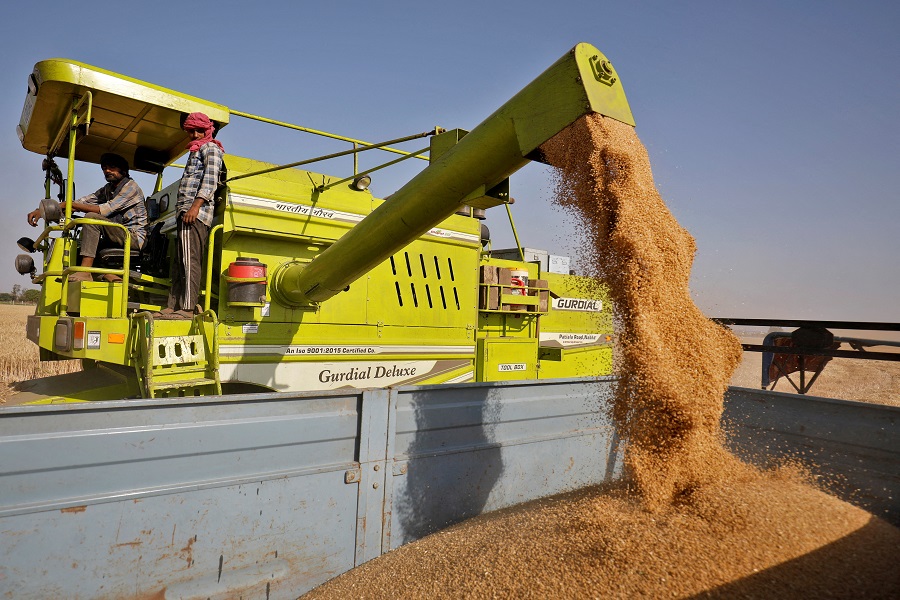Wheat Stocks Plummet as Traders Navigate Policy Uncertainty by Amit Gupta, Kedia Advisory
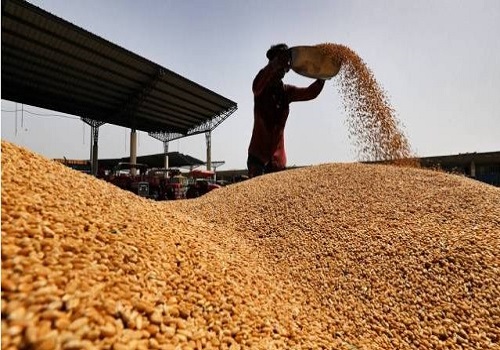
As wheat stocks plummet to a 16-year low, private traders defy government directives to stay out of the market, intensifying their buying spree. Procurement challenges in states like Madhya Pradesh and policy confusion in Uttar Pradesh add to the complexity, while farmers strategize to hold out for better prices post-government procurement.
Highlights
Wheat Stock Hits 16-Year Low: Wheat stock in the Central government’s reserves dropped to its lowest level in 16 years, just above the buffer norm.
Private Traders Buck Government's "Unofficial Order": Despite an "unofficial order" from the government urging private traders to refrain from market activity until procurement targets are met, private traders are increasing their buying using various alternatives.
Government Boosts Procurement Drive: In response to dwindling wheat stocks, the government has intensified its procurement efforts in recent weeks.
Uncertainty Surrounds Procurement Targets: While the government aims to procure 372.9 lakh tonnes of wheat in the new marketing year, officials suggest a more realistic target of 310-320 lakh tonnes due to various constraints.
Procurement Challenges in Madhya Pradesh: Procurement in Madhya Pradesh has been hindered by recent rains, leading to a decrease in total procurement compared to the previous year.
Normal Demand in Southern Regions: Despite bonus incentives offered by state governments, millers in southern regions report normal demand and no significant drop in orders.
Policy Confusion in Uttar Pradesh: Uttar Pradesh experiences policy confusion with frequent changes and reversals, causing uncertainty among traders and farmers.
Farmers' Strategy in Uttar Pradesh: Farmers in Uttar Pradesh plan to sell their wheat in tranches rather than all at once, with some holding out for higher prices after government procurement ends.
Traders' Arrangements with Farmers: Traders have reportedly made arrangements with farmers to buy wheat and store it in warehouses, anticipating higher prices later.
Conclusion
The dwindling wheat stocks, coupled with the defiance of traders and policy ambiguities, underscore the precarious balance between market forces and governmental interventions. With procurement targets in question and farmers seeking optimal prices, the wheat market navigates through a maze of challenges, highlighting the need for coherent policies and responsive strategies to ensure stability and fairness in agricultural trade.
Above views are of the author and not of the website kindly read disclaimer
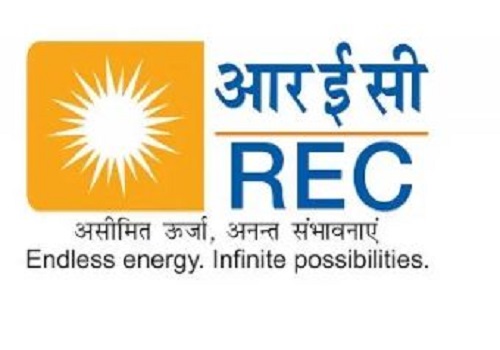









More News

India's Maize Exports Plummet to 4-Year Low Amid Domestic Demand by Amit Gupta, Kedia Advisory


